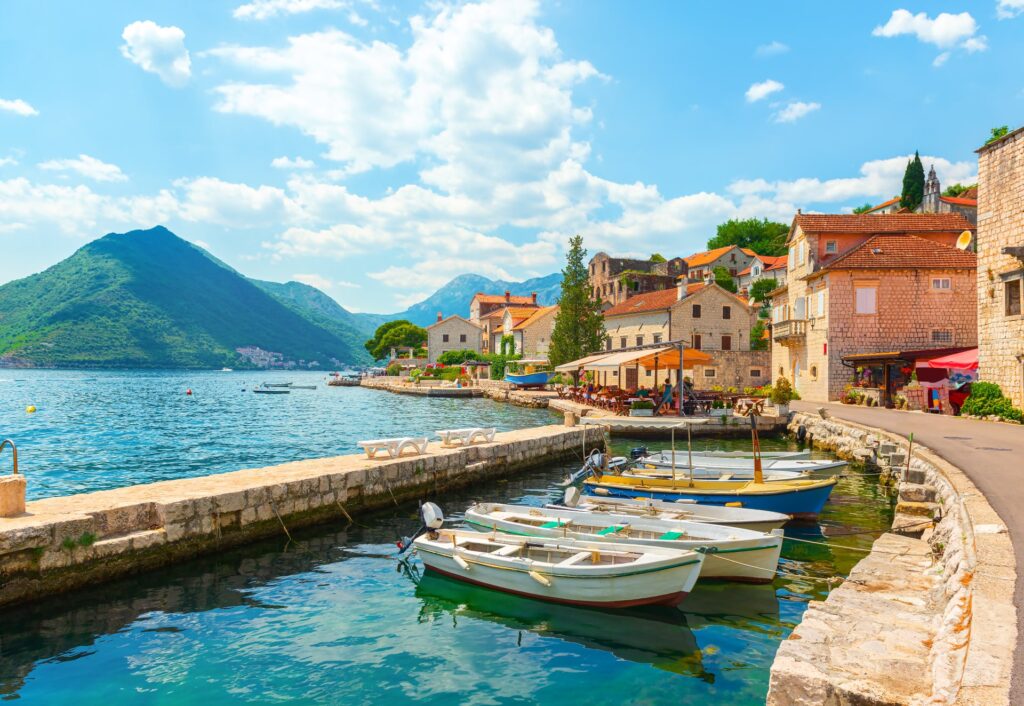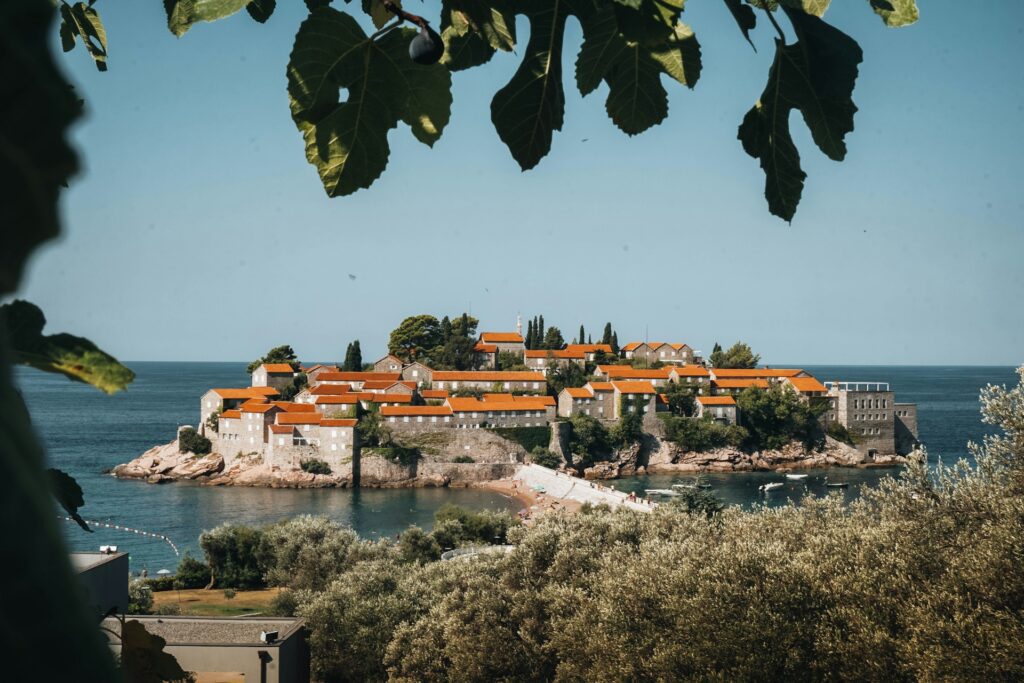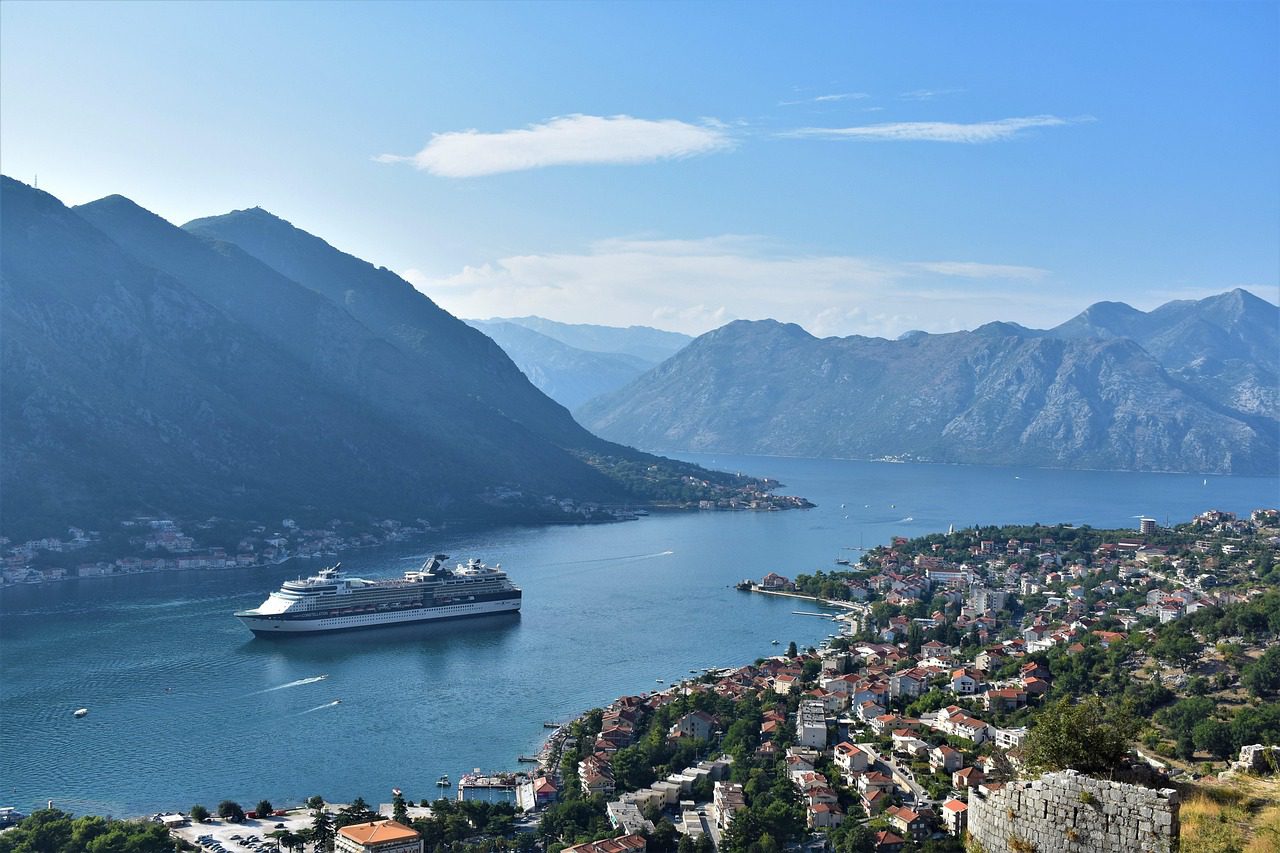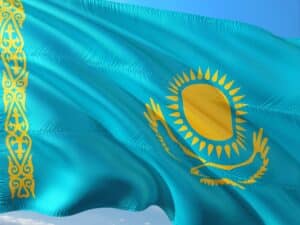Government Pushes New Employment Mandates for Foreign-Owned Companies
Montenegro’s government proposed significant changes to the Law on Foreigners on July 24, 2025, aiming to align with EU standards.
A key amendment requires foreign-owned companies to employ at least three full-time workers, including one Montenegrin citizen. This marks a major shift from previous lenient rules, designed to boost local employment and integrate foreign businesses more deeply into the domestic economy.
The proposal is still pending parliamentary approval, meaning it could be modified or rejected. If enacted, this rule will close loopholes that allowed companies to exist without real job creation. The move reflects Montenegro’s broader strategy to harmonize labor laws with the European Union and ensure foreign investment benefits local communities.

New Property Investment Thresholds for Residence Permits
The draft law introduces minimum property values for foreigners seeking residence permits through real estate investment. Proposed thresholds are €250,000 in less-developed northern and inland regions, and €450,000 in popular coastal cities like Budva, Kotor, and Tivat. These figures are not yet finalized but are widely cited in legal advisories.
The government also mandates that all property-related taxes must be fully paid for permit renewals. This change aims to restrict residency permits to wealthier investors and prevent the use of low-value or “shell” properties for residency purposes. It signals a tightening of Montenegro’s real estate investment immigration policies, aligning them with EU practices and protecting the local housing market.

Enhanced Documentation and Digital Nomad Regulations
The amendments increase documentation requirements for foreign workers seconded by companies to Montenegro, ensuring stricter oversight. Digital nomads must now prove their employer is registered outside Montenegro, clarifying their legal status. The draft also proposes streamlined procedures for family reunification and equal treatment of same-sex partners in residence applications, reflecting progressive social policies.
Online applications and renewals will be possible, even allowing some renewals with expired travel documents. These changes aim to modernize immigration processes, improve transparency, and enhance inclusivity for diverse applicants.
Sector-Specific Facilitation and Stateless Persons’ Rights
The draft law offers facilitated conditions for IT professionals, healthcare workers, and domestic service employees, sectors critical to Montenegro’s economy. Additionally, efforts continue to improve the legal status of stateless persons, aligning with EU and UNHCR recommendations.

Comparing Current and Proposed Laws: A Clear Shift
Currently, Montenegro’s law does not impose minimum property values for residence permits nor specific employment mandates on foreign company owners. The proposed amendments would end the practice of obtaining residency through nominal property ownership or “shell” companies without real job creation. This shift restricts residence permits to wealthier investors and encourages genuine economic contributions. The changes represent a decisive move to balance foreign investment with local economic development and social equity.
All proposed amendments await parliamentary debate and vote, so final details may change. Potential foreign investors and stakeholders should monitor official government portals and seek legal advice before making decisions. The evolving legal landscape demands careful navigation to comply with new requirements and seize emerging opportunities. These reforms highlight Montenegro’s evolving approach to immigration and investment, emphasizing sustainable growth and EU integration.
We will keep you updated.




